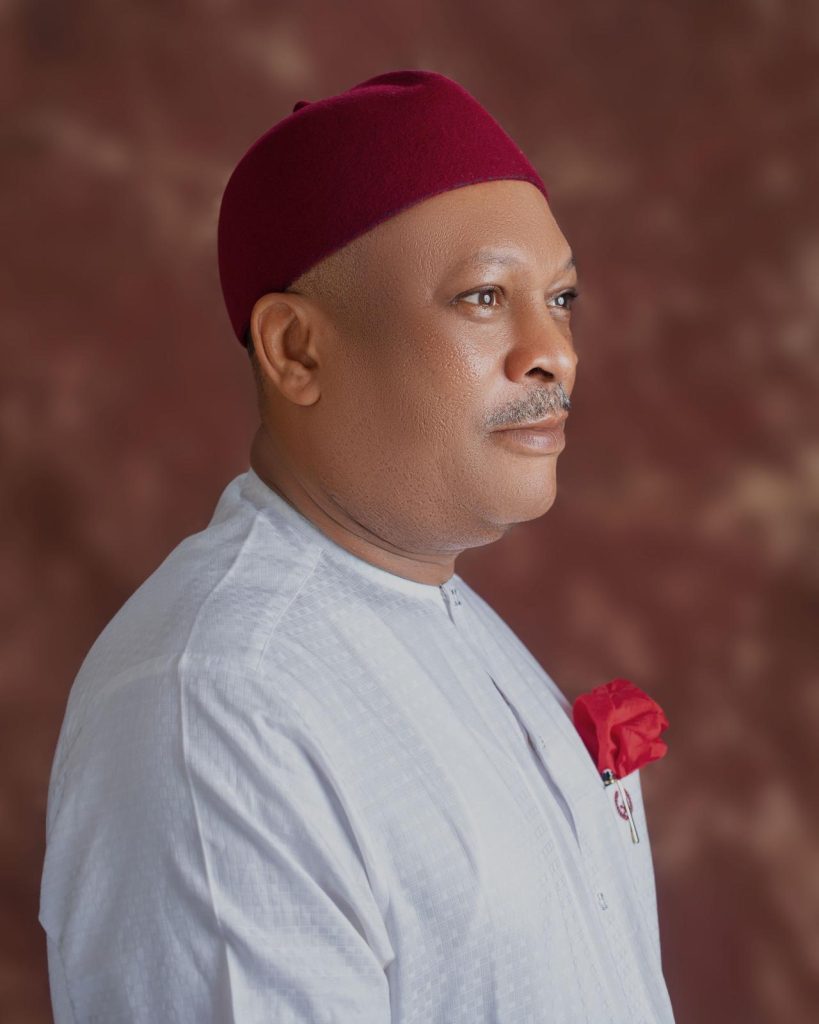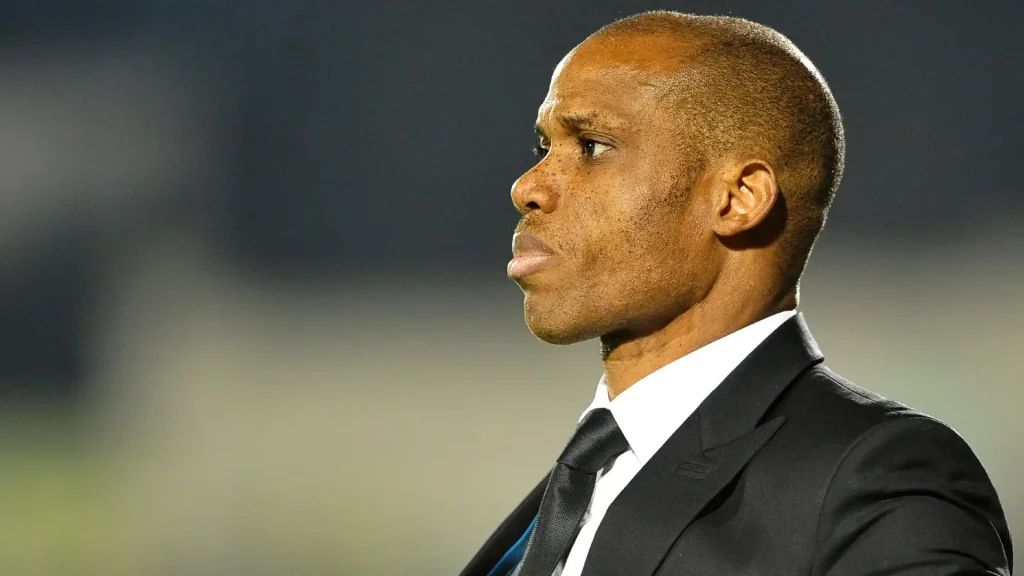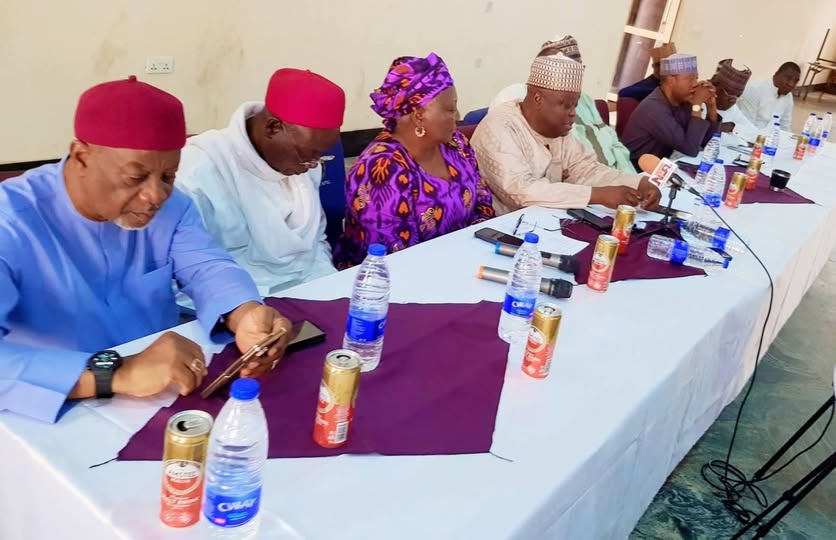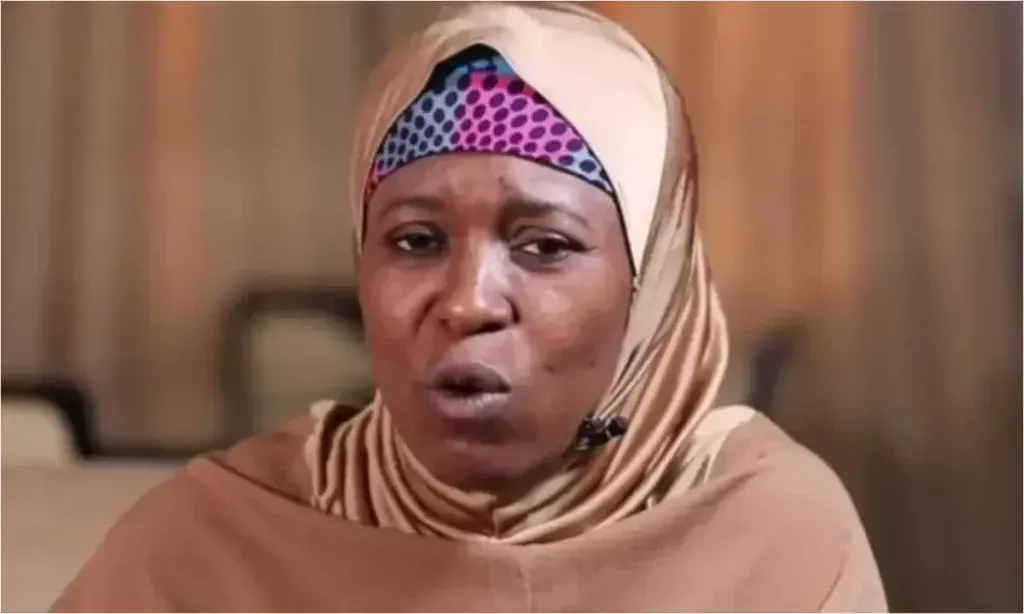Nigeria’s Electricity Generation Peak Drops Amid High Energy Costs
The National Control Centre in Nigeria has revealed that the country’s electricity generation peak dropped to 4,998.20 megawatts on October 6, 2024, marking a significant decline from the 5234.70 MW recorded last Tuesday. This development comes amid high energy costs, which have been affecting the daily lives of millions of Nigerians.
The drop in electricity generation is a concerning trend, particularly given that the country has been grappling with inadequate power supply for decades. The Minister of Power, Adebayo Adelabu, had previously celebrated a peak electricity generation of 5,105 megawatts in August 2024. However, the latest data suggests that the country’s electricity generation has fallen short of its target.
According to Adelabu, 40 percent of Nigeria’s electricity consumers enjoy 20 hours of uninterrupted power supply. However, many electricity consumers in Nigeria have criticized Adelabu for his claim, citing their own experiences with frequent power outages. Nigeria, with a population of over 250 million, is still struggling to provide stable electricity to its citizens despite decades of privatisation.
The electricity crisis in Nigeria has also been exacerbated by the recent hike in electricity tariffs. Electricity distribution companies in Nigeria have increased the tariff to N209.5 per kilowatt-hour, which is a 240 percent increase from the previous rate. The Nigerian Electricity Regulatory Commission approved the tariff hike on April 3, 2024. Despite this, Adelabu maintains that Nigeria’s electricity tariff is the cheapest among African countries.
The ongoing electricity crisis in Nigeria has far-reaching consequences for the country’s economy and daily life. As the country struggles to provide stable electricity to its citizens, it is imperative that the government takes urgent action to address the crisis and provide relief to electricity consumers.



